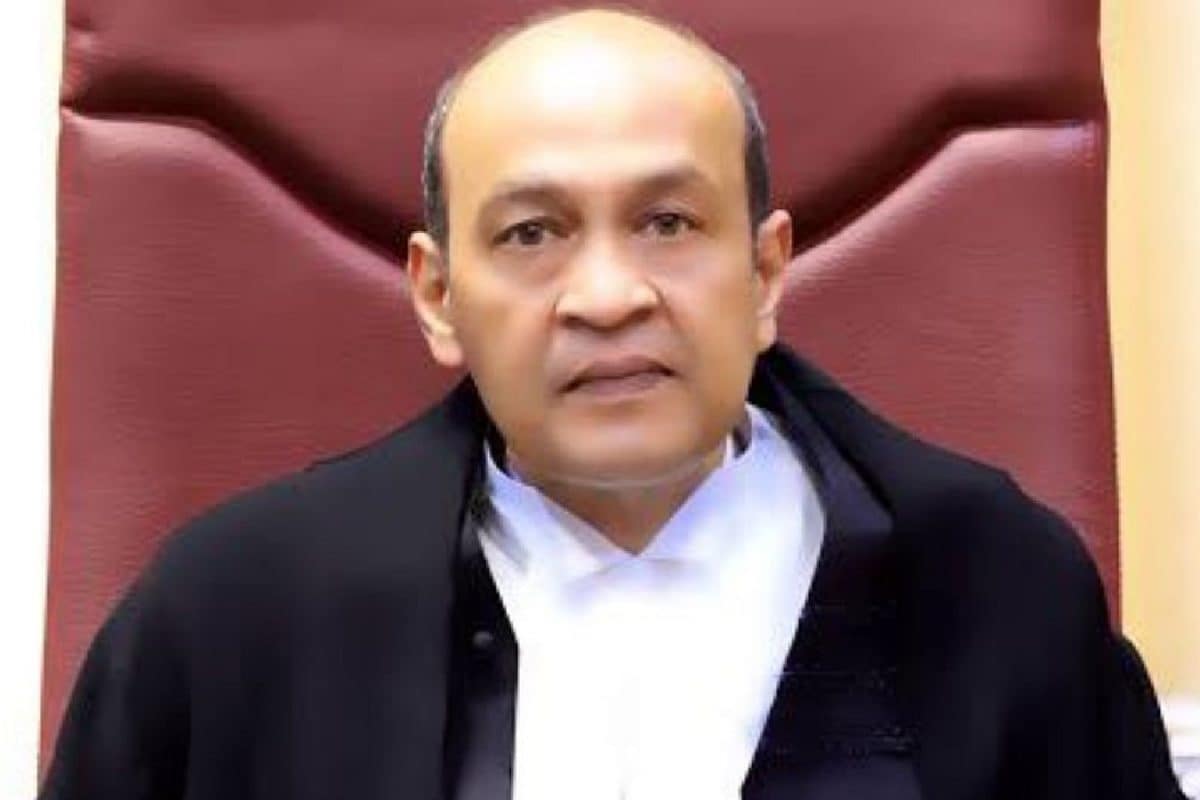

The Indian government is reportedly considering initiating impeachment proceedings against Justice Yashwant Varma, a judge of the Allahabad High Court, following serious allegations of a substantial cash recovery at his official residence in Delhi. The incident, which came to light after a fire broke out on April 8, 2025, has triggered a series of investigations and recommendations that could lead to a historic moment in Indian judicial history.
The controversy began when a fire erupted at Justice Varma's official residence in New Delhi. During the firefighting operations, authorities allegedly discovered a significant amount of unaccounted cash in a storeroom. Some of the currency notes were reportedly half-burnt, raising immediate concerns about the source and ownership of the money. Justice Varma has categorically denied any knowledge of the cash, stating that neither he nor his staff had any awareness of such large quantities of currency being present.
In response to the incident, the then Chief Justice of India (CJI) Sanjiv Khanna took immediate action. He called an extraordinary meeting of the Supreme Court collegium to discuss the matter. As an initial step, CJI Khanna instructed the Chief Justice of Delhi High Court to refrain from assigning any judicial work to Justice Varma, effectively placing him under administrative hold. Subsequently, a three-member committee comprising Chief Justices from Punjab & Haryana, Himachal Pradesh High Courts, and a judge from Karnataka High Court was constituted to conduct a thorough investigation.
The three-member in-house enquiry committee, constituted by the Supreme Court to examine the allegations, has reportedly not given Justice Varma a clean chit. The committee's findings are said to include photographs and a video of burnt currency notes recovered from the judge's residence. Despite these developments, no First Information Report (FIR) has yet been lodged, and Justice Varma has not tendered his resignation.
The Supreme Court administration rejected a plea seeking the panel's report on Justice Varma of the committee under the Right to Information Act on May 26, 2025.
Adding to the complexity, Justice Varma was transferred to the Allahabad High Court on March 20, 2025, and took oath on April 5, but has not been assigned any judicial work since then. The Supreme Court clarified that the transfer was independent of the in-house inquiry.
According to sources, CJI Khanna had nudged Justice Varma to resign but he had refused. Then CJI Sanjiv Khanna forwarded a copy of the inquiry report, along with a recommendation to initiate impeachment proceedings against the judge to President Droupadi Murmu and Prime Minister Narendra Modi. The President has now referred the former CJI's recommendation to the Chairman of the Rajya Sabha and the Lok Sabha Speaker.
For an impeachment motion against an SC or HC judge to go through, at least two-thirds of those “present and voting” in both Lok Sabha and Rajya Sabha must vote in favour of removing the judge — and the number of votes in favour must be more than 50% of the “total membership” of each House. If Parliament passes such a vote, the President will pass an order for the removal of the judge.
Vice President Jagdeep Dhankhar has commented on the matter, underscoring the necessity of upholding the rule of law. He stated that “Judicial independence must not preclude accountability and legal due process,” stressing the importance of lodging an FIR in such cases.
The Monsoon session of Parliament, expected to begin in the second half of June, is anticipated to witness intense debate on several critical issues, with the Justice Varma case likely to dominate both political and legal discussions. The government's readiness to move forward with an impeachment motion underscores the gravity with which it is treating the allegations. If Justice Varma is removed, he will be the first judge of a constitutional court to be sacked.